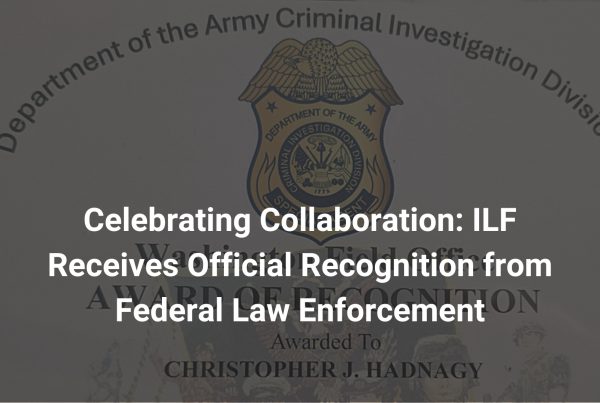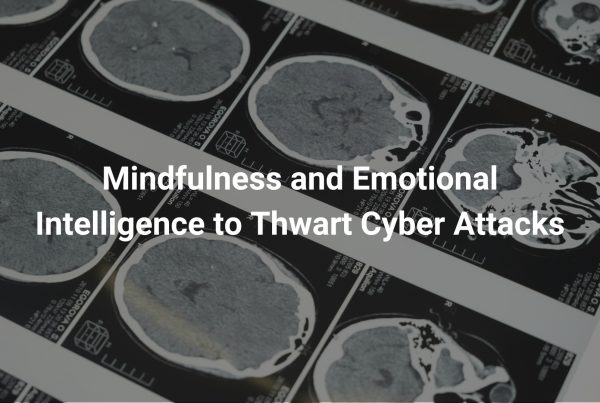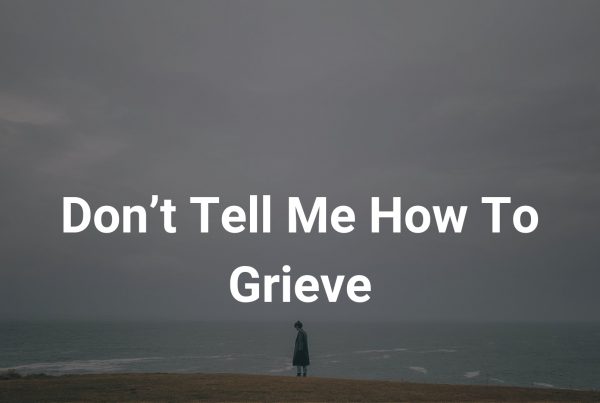Our last blog post discussed how survivors of child pornography must deal with the long-term effects of what was done to them; one of the main effects include Post-Traumatic Stress Disorder, or PTSD. Because we assume you’re like us here at the ILF, we know you want to help children affected by child pornography in any way you can. Therefore, we decided to address a way you can easily support survivors of child pornography suffering from PTSD.
Post-Traumatic Stress Disorder Overview
Post-traumatic stress disorder is a common effect of child pornography, a classification of sexual exploitation. As a result of these horrific experiences, many survivors are left suffering from the adverse effects of PTSD. Four symptoms of PTSD include:
- Reliving the event (or re-experiencing)
- Avoiding situations that remind you of the event
- Negative changes in beliefs and feelings
- Feeling keyed up (hyperarousal)
Reliving the event can occur in several different ways. For example, the survivor can have nightmares, flashbacks, or something can trigger them to ultimately feel as if they are going through the trauma all over again.
Avoiding situations encompasses avoiding any situation that reminds the survivor of the trauma. Not to mention, the survivor might keep busy or avoid seeking help to keep from thinking or talking about the event.
Negative changes in beliefs or feelings occur through forgetting or not speaking of the trauma, seeing the world in a negative light, or negatively viewing relationships or people in general.
Feeling keyed up can cause the survivor to always be alert or cognizant of danger or cause them to become angry or irritable easily. Some effects of this include trouble sleeping, trouble concentrating, getting startled easily, or the need to have your back to the wall in restaurants or waiting rooms.
Argument for Trigger Warnings
While each of these symptoms is equally awful, we wanted to offer you a way you could help survivors cope with everyday life. Trigger warnings are simple ways to help survivors avoid reliving the event, reduce distress, and allow them to prepare themselves mentally.
The American Psychological Association shares that vivid memories of trauma are more distressing if they happen without any warning than if the survivor intentionally thinks about their trauma. Instead, unprompted triggering information can cause a host of other issues from mental health disorders like panic attacks, difficulty sleeping, and more.
Trigger warnings are respectful ways to communicate about deeply personal issues while refraining from delegitimizing someone’s experience. This does not mean that you must avoid the topic altogether—it simply means that you should address the topic with nuance.
People argue that trigger warnings do not allow the survivor to heal from the PTSD, and this article does not dispute this claim. Rather, trigger warnings acknowledge and respect that people must deal with their trauma when they are ready; therefore, it does not force them to deal with their triggers if they are not ready.
Ultimately, it is up to the survivor to decide when they are ready to deal with their PTSD. Like the American Psychological Association said, memories of trauma are worse without warning.
How to Give Trigger Warnings
Some ways to give warnings about triggers may include audibly saying “trigger warning” when getting into touchy subjects, putting warnings by titles of online material, or anywhere else where the content of the material or discussion could cause the survivor to relive the trauma.
If possible, give trigger warnings in advance to allow people to switch to self-preservation mode or leave if need be. This allows them to react to the situation privately and make decisions about how to proceed. Plus, when giving trigger warnings, it is best to offer a way for the survivor to remove themselves from the situation where they will not have to answer for why they had to leave. For example, offer the option to use the bathroom before diving into the subject. This way it looks like someone is simply going to the bathroom if they are triggered.
What to do if You or Someone Else is Triggered
- Remind yourself or your friend that they are just memories.
- Remind yourself or your friend that it is natural to have some memories of the trauma(s).
- Talk about the triggers to someone you trust.
- Remember that, although reminders of trauma can feel overwhelming, they often lessen with time.
Join us:
Disclaimer: Trigger warnings are important for everyone dealing with PTSD, not just child pornography survivors.
Image: iStock





